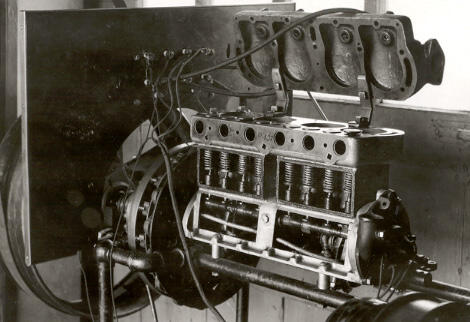
Zona do título e menção de responsabilidade
Título próprio
Better Farming Train - Displays
Designação geral do material
- Material gráfico
Título paralelo
Outra informação do título
Título e menções de responsabilidade
Notas ao título
Nível de descrição
Item
Entidade detentora
Código de referência
Zona de edição
Menção de edição
Menção de responsabilidade da edição
Zona de detalhes específicos de materiais
Menção da escala (cartográfica)
Menção da projecção (cartográfica)
Menção das coordenadas (cartográfico)
Menção da escala (arquitectura)
Autoridade emissora e denominação (filatélica)
Zona de datas de criação
Data(s)
-
[ca. 1919] (Produção)
Zona de descrição física
Descrição física
1 photograph : b&w ; 12.7 x 17.78 cm
Zona dos editores das publicações
Título próprio do recurso continuado
Títulos paralelos das publicações do editor
Outra informação do título das publicações do editor
Menção de responsabilidade relativa ao editor do recurso contínuo
Numeração das publicações do editor
Nota sobre as publicações do editor
Zona da descrição do arquivo
Nome do produtor
História custodial
Âmbito e conteúdo
A four-cylinder engine on display in the Mechanical Car of the Better Farming Train.
Bio/Historical Note: From 1914 to 1922 a Better Farming Train (BFT) toured the province providing lectures and demonstrations and presenting exhibits on matters pertaining to agriculture. Funded by the Agricultural Instruction Act, equipped jointly by the Department of Agriculture and the College of Agriculture, and staffed by the University of Saskatchewan, the BFTs were operated free of charge by the railways. Consisting of between 14 to 17 cars they toured the province for several weeks each summer. During part of one summer two trains operated. The train was divided into five sections: Livestock; Field Husbandry; Boys and Girls; Household Science; Poultry; and Farm Mechanics. A converted flat car acted as a platform for the display and demonstration of the "well-selected" horses, cattle, sheep, swine and poultry. Each section usually contained a lecture car accompanied by one or more demonstration cars.

